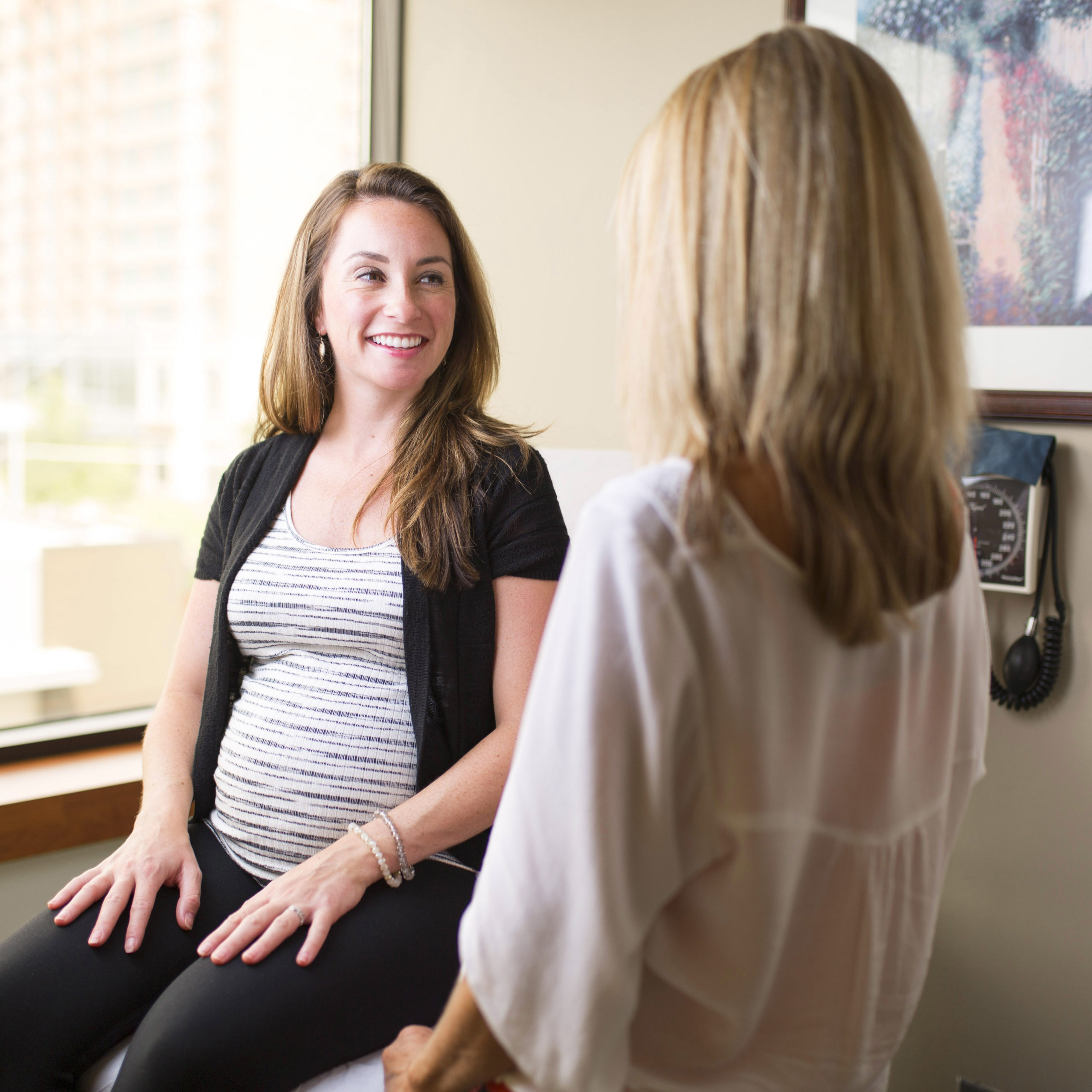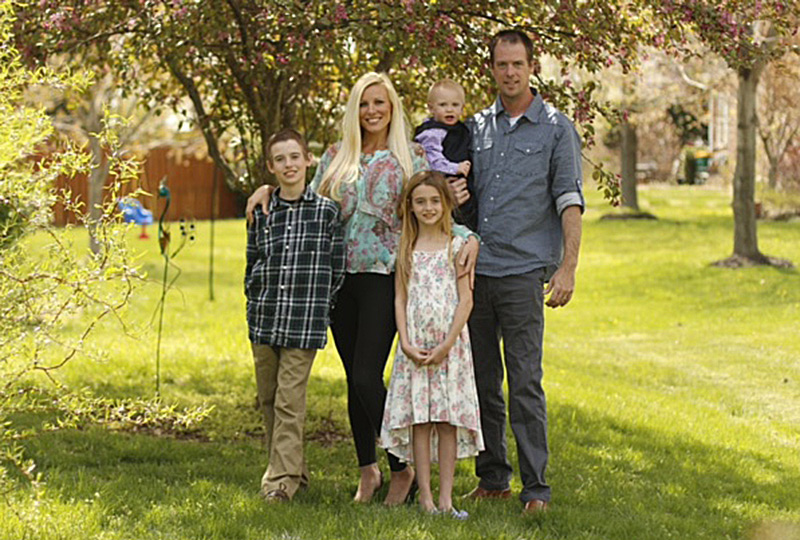The scope and breadth of midwives’ medical care might still surprise some people.
When someone uses the term “midwife,” any number of images might arise: Women helping women deliver babies. Women who eschew modern medical advances to ease labor, such as epidurals. Perhaps women who choose to live a very specific type of lifestyle. A “crunchy-granola” type of lifestyle.
“There are plenty of midwives who are very crunchy,” says Patti Detzel, MSN, CNM, a practicing midwife for 20 years with bachelor’s and master’s degrees in nursing. “I wouldn’t call myself crunchy. I’ve normalized pregnancy but I’m also capable of taking care of medical problems like hypertension and diabetes. A lot of us have higher training to manage some of the higher risks associated with pregnancy.”
In fact, contrary to the popular belief that midwives are a holdover from simpler times when medical care was scarce, midwifery is very much a part of numerous modern obstetric-gynecologic practices. Detzel is part of an OB-GYN practice at Vanderbilt that provides comprehensive — and very up-to-date — medical care for women.
“I just feel like you get so much more — bedside manner, they’re so much more patient with you, they seem to be truly more concerned about your feelings as a person and not as a patient,” says Penie White, a Nashville-area Realtor who has had two of her three children delivered by Detzel.
Normalizing pregnancy
Detzel and White were both living in Georgia in 2005 when White was pregnant with her second child, Ava. White loved the care she got from Detzel, but Detzel moved to the Nashville area in 2010. However, when White found out her husband might take a job in Nashville, she was thrilled at the chance to be in Detzel’s care again.
“The minute I met Patti it felt like she was my best friend,” says White. “She was so warm and loving and I felt like I was in such good hands with her. I always preferred to see Patti over everybody else at the practice. We just clicked. The whole experience, from early pregnancy until even after Ava’s birth, was just so easy and so peaceful, and I just kept on going to Patti and she became pretty much who I’d go to for all my gynecological needs after Ava.”
White says she’s grateful her husband’s job change allowed her the chance to reconnect with Detzel.
“It was like a family reunion, and then I ended up pregnant with my now two-and-a-half-year-old. I went through the whole process with Patti again to have him, and it was another awesome experience,” she says. “I feel like that’s part of midwifery.”
What’s different, Detzel says, is how midwives help to normalize pregnancy, treating it not like an illness or “condition” that has to be treated.
“It’s not a pathologic process,” she says. “If you look at medicine, medicine is there to fix things that are broken. Midwives view pregnancy as a normal life process.”
And yes, women who choose midwives for delivery can and often do take advantage of such things as epidurals.
“It’s part of a modern midwife practice,” Detzel says. “Not everybody who comes to see me wants a natural delivery. Half of my patients (she delivers about 120 babies a year) get epidurals.”
The certified nurse-midwife is also an assistant professor of OB-GYN at Vanderbilt University School of Medicine who works with attending and resident physicians and nurse-midwives and helps teach normal obstetric care to residents. And she helps educate patients, too.
“I don’t feel like most of my patients even know they’re seeing a midwife,” Detzel says.
The most important thing people should know about midwifery?
“The biggest thing is we’re there for women,” says Detzel. “We’re all smart; if something has gone wrong and if we think you need to be with a doctor, you’ll be with a doctor.
“I think it’s going to be the way of the future.”

For an appointment, call Vanderbilt Women’s Health at 615-343-5700 or West End Women’s Health at 615-936-5858 or visit VanderbiltWomensHealth.com.

